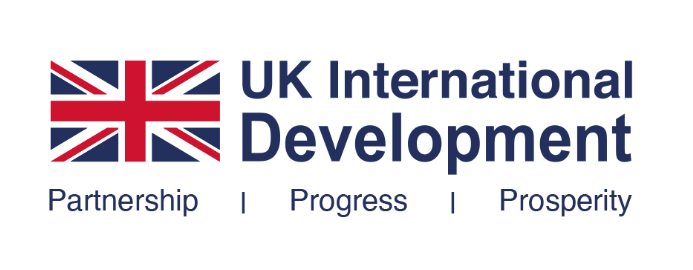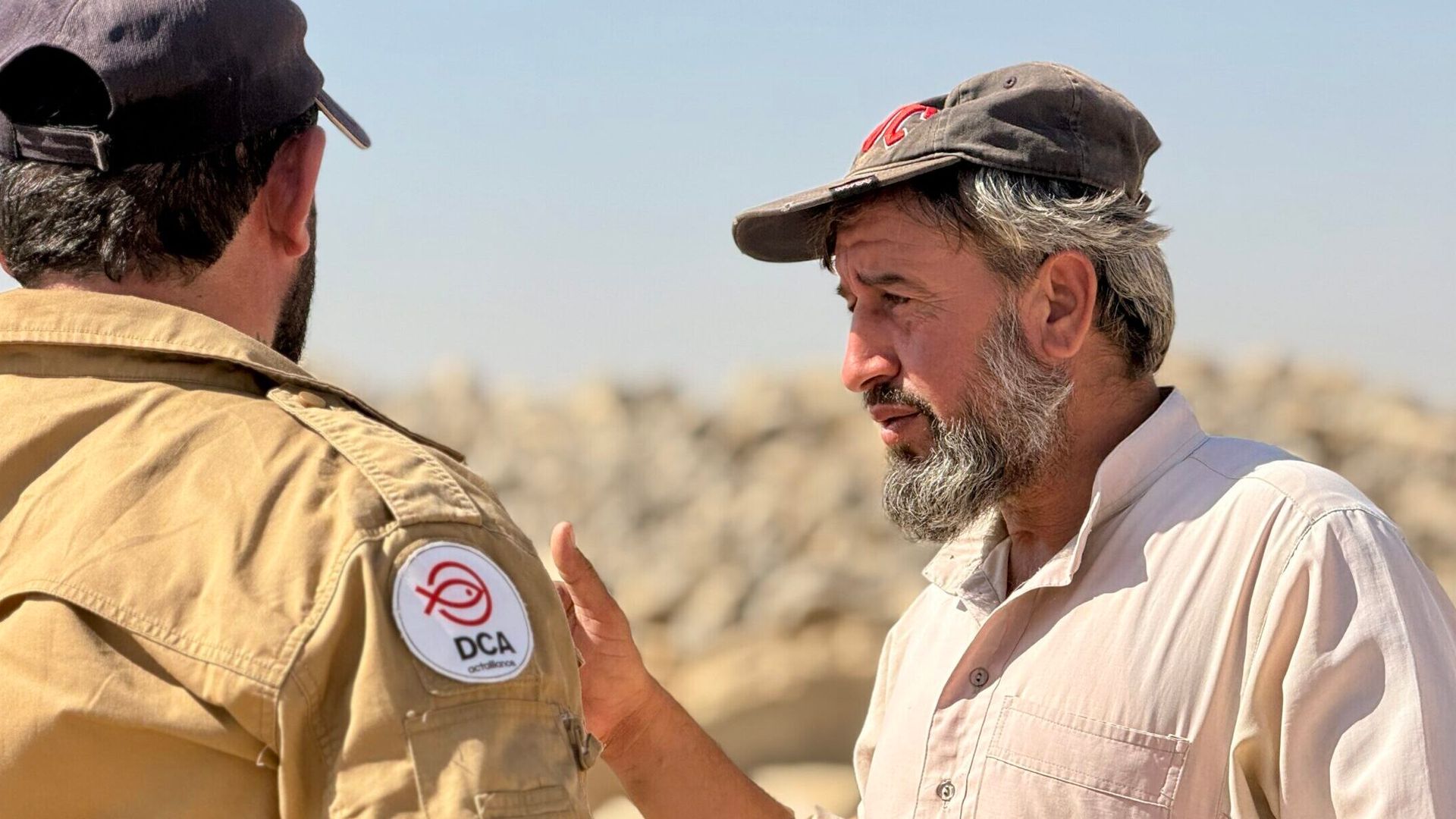Life is starting to come back hereMohammed, a rightsholder in Abu Jadi Village
In the rural village of Abu Jadi in Ar-Raqqa countryside, 42-year-old Mohammed, a father of three daughters, stands over his land with quiet pride. After years of fear and displacement, he is finally able to plant his fields again. The same land that once threatened his life now holds the promise of a new beginning.
Years ago, when ISIS took control of Abu Jadi village, Mohammed and his family refused to abandon their home until militants arrived at their doorstep and threatened to kill them. Along with the rest of the villagers, they fled to a nearby area and built a temporary shelter out of tents. But safety was short-lived. One evening, ISIS returned and warned they would burn the tents if families didn’t go back. The extremists had planted IEDs in homes, roads, and farmland, and were trying to force civilians back to use them as human shields against airstrikes.
Mohammed and others refused to return. Not long after, February 26th , 2017 around three in the morning, an explosion shook the village. His home — which he had worked thirty years to build and furnish — was gone, reduced to a pile of dust and wreckage in seconds.
I stood there shocked and devastated, looking at my home turned into a pile of dust and wreckageMohammed, a rightsholder in Abu Jadi Village
The once-lively community became a landscape of danger. Villagers would hear explosions triggered by animals or vehicles; one man was severely injured when his motorcycle hit a landmine. Around 20 sheep were killed while herding. Farmers found strange devices buried everywhere— some wired, others with antennas or clicking mechanisms. No one dared work their lands again.
For years, Mohammed’s fields lay abandoned.
I couldn’t plant anything, The land around my home was dangerous. Even my cousins, who own land nearby, once got their plow stuck in something metal — by sheer luck, it didn’t explodeMohammed, a rightsholder in Abu Jadi Village
That fear began to fade only recently, when DCA’s Humanitarian Mine Action team arrived in Abu Jadi. With precision and care, they began clearing farmlands of explosive hazards. Their work restored safety to a village trapped for years between loss and uncertainty and safely removed a main charger from the field.


Clearance team doing visual area clearance, Oct 5th, 2025
When the clearance was completed, Mohammed received the news that his land was finally safe. He described that moment as one of hope and relief — a turning point that allowed him to envision life returning to normal.
Now, Mohammed has started plowing parts of his land again. It’s a large piece of farmland, and this season he plans to plant wheat and barley — crops that once sustained his family before the war. Although his house remains in ruins, he lives nearby in a neighbor’s home with the owner’s consent, grateful for the chance to stay close to his land and community.


The atmosphere in Abu Jadi has begun to change. Families are coming back, the roads are open again, and the fear that once gripped the village is slowly giving way to confidence and hope.
Life is starting to come back here, It’s not the same as before, but at least we can work again. The land is safe — and that means everythingMohammed, a rightsholder in Abu Jadi Village
With funding from UK International Development, DanChurchAid (DCA) launched a project to clear farmlands and key infrastructure across Northeast Syria from Explosive Remnants of War (ERW) and Unexploded Ordnance (UXO). Among these crucial sites was the Abu Jadi Village.
People like Mohammed are reclaiming their livelihoods and restoring the rhythm of rural life. Abu Jadi is once again a place of work, resilience, and hope — where the soil, once deadly, now gives life.

About the project
Full title: Supporting Early Recovery and Sustainable Livelihoods for Conflict-Affected Communities in Northeast Syria (NES)
Period: June 2025 – March 2026
Partner: Dan for Relief and Development (DRD) and RMCO Organization
Amount: GBP 1,081,143
Number of people reached by end of project: around 4.696
Agricultural lands cleared of explosive ordnance by the end of project: around 123,746 m²
Donor: UK Foreign, Commonwealth & Development Office (FCDO)


